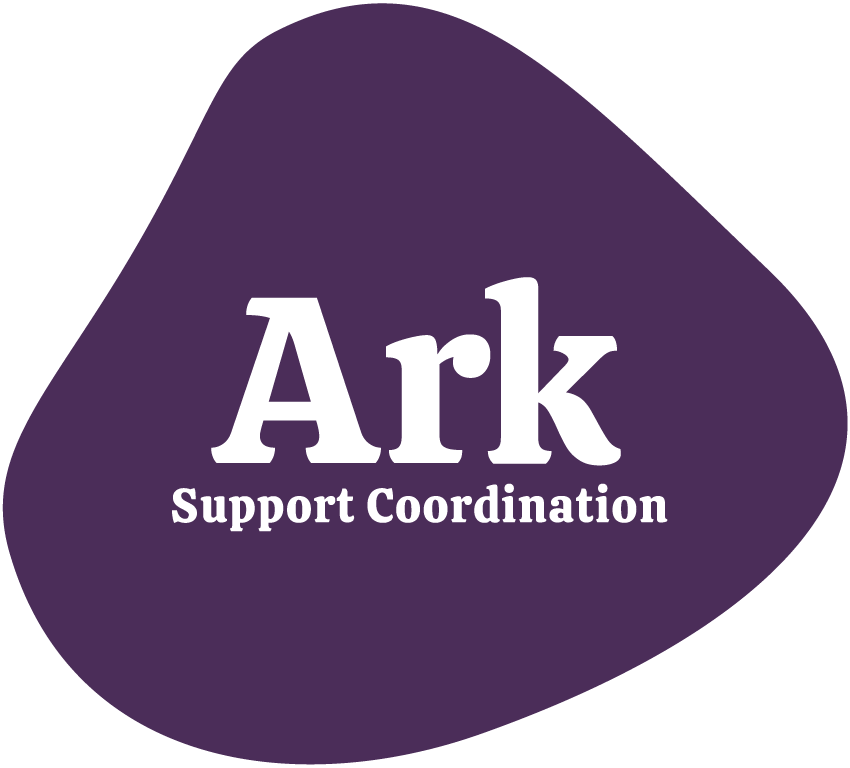Psychosocial Disabilities & the NDIS
In our previous blog post, we defined what a psychosocial disability is, some impacts on daily living and how external and internal stigma can affect seeking support. For someone with a psychosocial disability engaged with the NDIS, what type of supports are available?
The National Disability Insurance Scheme is designed to support the day-to-day impact on living for individuals with a psychosocial disability, which may arise from a mental health condition. An NDIS plan for participants with a psychosocial disability can be used to fund supports in line with the participant’s goals of day-to-day functioning, increasing independence, social and economic participation.
Psychosocial disabilities arise from mental health conditions, so why doesn’t the NDIS fund mental health care like psychology sessions? Valid question. The NDIS was never intended to fund clinical treatments for people with a disability, this responsibility falls under other Government services.
What is the mental health care system responsible for?
The NDIS was created to facilitate independence for Australians with a disability, putting them at the centre of decision-making in accessing the supports to achieve their goals. It was set up to work alongside government and community services, not replace them. These mainstream services should be accessible to all Australians (unfortunately, we know this isn’t always the case) and can provide services the NDIS can’t.
The NDIS doesn’t cover support and services attainable under the health care or mental health care system. Generally, the mental health care system is responsible for diagnosis, treatment and other clinical services.
Services the Government Health Care System is responsible for:
Hospital Inpatient care, inpatient mental health facilities and other residential care
Clinical outpatient and continuing care
Clinical mental health rehabilitation and recovery
Specialist doctors, psychiatrists, psychologists and health care professionals
Community mental health care services
Early intervention mental health supports
Mental health residential services
Support for conditions alongside a psychosocial disability responsible under another service system. Eg. Medicare
What is the NDIS responsible for?
The NDIS is responsible for funding supports that are not clinical. Services that instead enable functional ability and long-term recovery. The NDIS can fund capacity-building mental health supports for psychosocial disabilities that don’t involve clinical treatment to address symptoms. This often looks like supports to provide access to overcome societal barriers of disability.
‘We can only fund supports where we are the most appropriate funding body.’ - NDIS
The NDIS is generally responsible for supports focusing on:
Improving or maintaining day-to-day living
Increasing independence and confidence
Enable social, educational and economic participation
Skill building or regaining
NDIS Supports for Psychosocial Disabilities
Funding in an NDIS plan is made up of three categories and a budget for each; core, capacity building and capital supports. Core supports are intended to help with everyday activities and assistance related to a disability. Capacity building facilitates independence and skill building, and capital budget is specifically for high-cost pieces of equipment.
Support the NDIS may fund for participants with a psychosocial disability:
Assistance with daily life; support for personal care, home and living, assistance with cooking and cleaning.
Social skills development; supports to navigate social relationships, attending programs on relationship skills or connecting to people and places in the community.
Social and recreational; support to connect with the community, social activities, sporting clubs and other groups.
Accommodation and living; help finding somewhere to live, managing rental or home ownership responsibilities (where you need this support because of your disability).
Allied health professionals; accessing psychologists, social workers or mental health occupational therapists directly related to managing or reducing the functional impact of a psychosocial disability. For example, social and communication skills development, regular help with medication and symptoms and behaviour intervention and support.
Planning and coordination; organising NDIS with your mental health supports, such as a recovery coach. Help to transition to a new life stage, where you need this support because of your disability.
If the NDIS is responsible for funding the support, it has to meet other NDIS funding criteria and be considered “reasonable and necessary” by a planner on behalf of the NDIA.
How to get NDIS support for a psychosocial disability
Individuals not yet on the NDIS, requiring a change of situation and review of their plan often require a Psychosocial Functional Capacity Assessment. Conducted by an allied health professional, the assessment uses NDIS-recognised tools to evaluate the individual’s everyday functional capacity. The results are used to gain insight into how the disability is impacting daily living and suggest appropriate supports.
Psychosocial Functional Capacity Assessments see the participant where they are at, what current supports they may have, what informal supports are providing and where the NDIS can benefit their lives.
For someone to access the NDIS, they have to provide evidence to meet eligibility criteria. Some of the criteria may include:
Their disability results in permanent impairment.
It significantly affects daily functioning and activities.
Is attributed to a mental health condition likely to be permanent.
The NDIS is the most appropriate service to fund required supports.
Can social workers complete psychosocial functional capacity assessments?
As allied health professionals, social workers are qualified to complete psychosocial functional capacity assessments. Social Workers are trained to meet people where they are at, the various systems and intersectionality that impacts their life. Social Workers know how these factors intersect with a person’s disability, impacts their daily functioning and is able to communicate it in a report to the NDIA.
Our Social Workers have a thorough grasp of what’s reasonable and necessary under the NDIS a they’ve worked alongside participants with psychosocial disabilities as Specialist Support Coordination.
We combine this knowledge as Support Coordinators with our social work experience to identify where individuals might need support while considering the bigger picture, their unique circumstances, and their range of needs to achieve the best possible outcomes.
If you’d like one of our NDIS Social Workers to complete a Psychosocial Functional Capacity Assessment, please get in touch with us.
